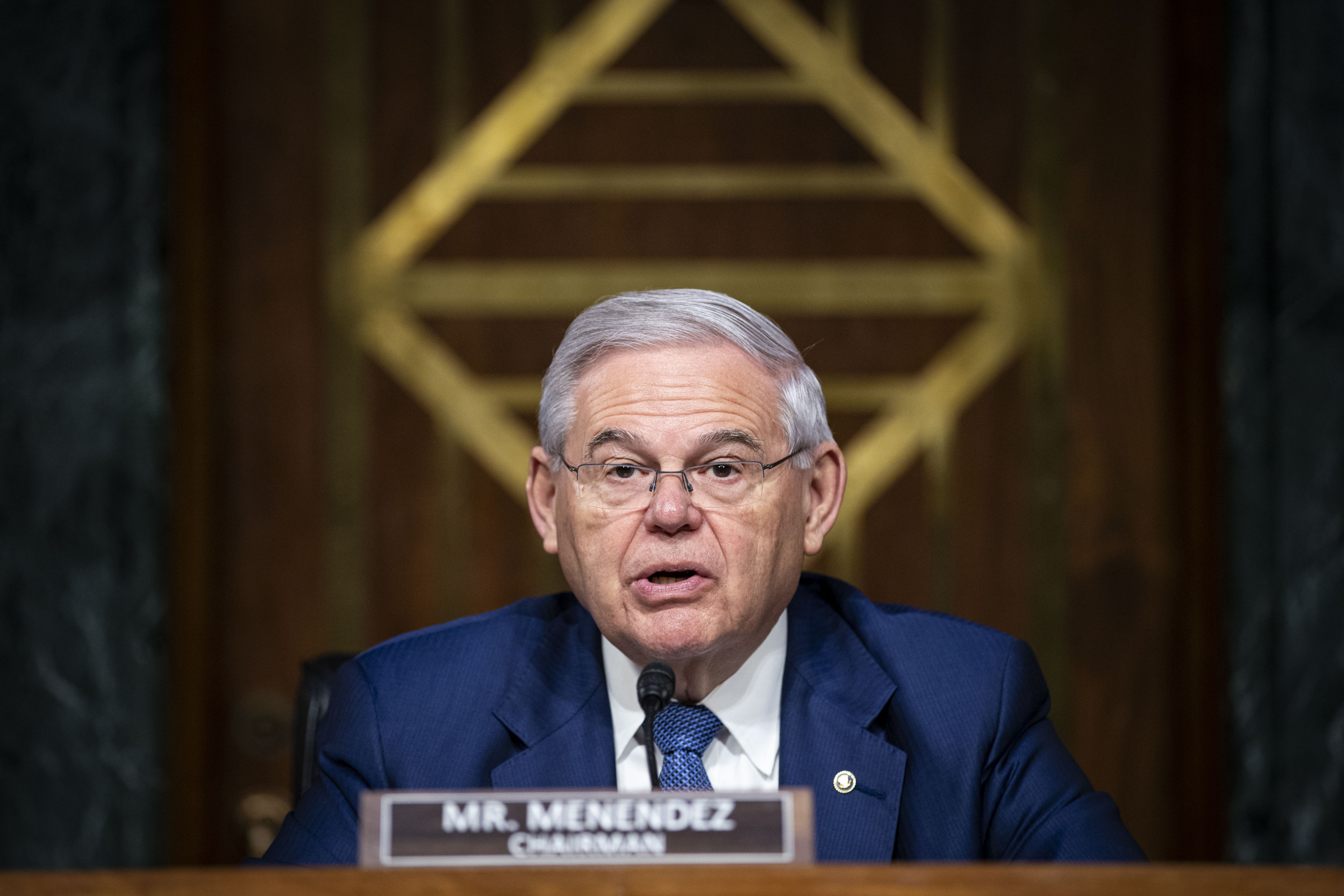
Climate once again was thrust onto the national and international scene when U.S. President Joe Biden vetoed "a Republican proposal to prevent pension fund managers from basing making investment decisions on factors like climate change." The bill, which cleared Congress earlier in the year, overturned a previous Labor Department rule that actually would make it easier for fund managers and investors to participate in the widely-known world of ESG — environmental, social and governance.
While Biden's veto has little to do with the blockchain and tokenization ecosystem, it does emphasize the hard truth that unless we make it easier and more financially desirable, a majority of the U.S. and global voting block won't take climate matters seriously.
It's possible, however, that all we need to make a global, coordinated, enterprise-based climate approach a reality is one thing — trust.
Put Your Trust In Carbon Credits
Carbon credits are "a way for companies to support activities, such as protecting and restoring irrecoverable natural carbon sinks, like forests or marine ecosystems and scaling nascent carbon removal technology, that keep global climate goals within reach."
Companies like Delta, Alphabet, and Disney are among the biggest buyers of carbon credits. According to a recent Forbes article, those companies purchased 7.8 million, 3.5 million, and 2.5 million, respectively, metric tons of CO2 equivalent between 2017 and 2019.
From a global perspective, the Citizens' Climate Lobby states, "Of all the world's developed economies, only the U.S. and Australia do not have some form of nationwide carbon pricing in place. Alternatively, of the 20 biggest economies, the only holdouts are India and a few Persian Gulf states."
While getting governments and major corporations involved in climate balance initiatives is good, there's still much to be done. That's partly because managing the carbon credits economy and incentivizing it to drive down and balance global carbon emissions takes significant commitment, leadership and resources by governments and industries. It involves significant politics, lobbying and foreign interests, and in my opinion, can only efficiently be driven top-down and not bottom-up. It requires not only legislation and penalties and sanctions where necessary, but also supervisory mechanisms verifying the authenticity of credit sources, standards, etc. The "operating rules" of this ecosystem, as defined by the governments involved together with industries, will also enable the infrastructure, the technology, function, and systems required to support it.
The web of carbon credits is complex at face value. However, looking at it more closely, the success or failure of the entire idea is based on trust: trust of data, trust of market participants, trust of enforcement and so on. That's where blockchain takes a leading role.
Carbon Credits Using Blockchain
Blockchain and tokenization can significantly change the carbon credit market by facilitating a simpler, more efficient market for carbon credit transactions and balancing. Creating more transparency and helping ensure authenticity of the credits will also make it easier to expand the ecosystem with more standard interaction between players, and better control and reporting — making the carbon credits ecosystem more trustworthy.
A recent flurry of activity in the blockchain-for-carbon space is suggesting a new focus on disrupting the market's status quo using the trustworthiness of Decentralized Ledger Technology (DLT).
As RMI, a nonprofit with a goal of a zero-carbon future, states, "while not a panacea, blockchain can ultimately enable the exchange of data in an entirely new way. DLT can bring a whole new definition of trust to a world where only a few gatekeepers control the flow of money, services and data. If done right, trust is designed into the entire system — facilitated by a technology that can enforce it, encrypt it, and maintain it." And here's how:
• Increase transparency and trust in carbon markets through a decentralized ledger that records carbon credit transactions, reducing the risk of fraud and enabling the tracking of credits from issuance to retirement.
• Enable the creation of a unified standard for carbon credit quality and accounting principles, eliminating confusion among buyers and increasing the credibility of climate benefit claims.
• Automate business processes with smart contracts that can store metadata about carbon credits securely fused into tradable units, enabling fast, reliable, and transparent information exchange among participants in the network.
• Reduce transaction costs, minimize paperwork, and streamline the carbon trading process through blockchain's ability to interact with other systems and facilitate interactions with less reliance on intermediaries.
Carbon Credits As NFTs
Blockchain can also be a means to incorporate some of the most versatile of DLT innovations into the carbon credit world — non-fungible tokens (NFTs). I know what you're thinking: NFTs are for trading cards and digital art. Actually yes, but the use cases of NFTs are so vast, it's hard to even fathom. However, in this instance they have the ability to make a real difference in making the carbon credit world just plain work better.
Investors and buyers who find themselves perplexed by the different classifications of offset types can greatly benefit from the utilization of NFTs and their associated smart contracts. These innovative technologies enable the categorization of avoidance and removal credits, providing clarity and advantages to stakeholders. Furthermore, fractionalized carbon credits offer an opportunity for ordinary consumers to assert their ownership over a carbon credit, fostering increased participation and democratization within the carbon credit marketplace.
The Future Of Carbon Credits
Managing the carbon credits economy and incentivizing it to drive down and balance global carbon emissions takes significant commitment, leadership and resources by governments and industries. It involves significant politics, lobbying and foreign interests. It will require not only legislation and penalties/sanctions where necessary but also supervisory mechanisms verifying the authenticity of credit sources, standards, etc.
With that said, the power of blockchain-based systems of trust could facilitate greater collaboration and coordination between market participants in the carbon credit ecosystem. However, not much will happen without proper legislation, regulations, international treaties, supervisory organizations and overall global cooperation.
While blockchain technology is not the sole solution, I believe it's a better approach than anything else we've seen to date. Shouldn't we try the best tools we have to ensure a more sustainable future?
Uncommon Knowledge
Newsweek is committed to challenging conventional wisdom and finding connections in the search for common ground.
Newsweek is committed to challenging conventional wisdom and finding connections in the search for common ground.
About the writer
To read how Newsweek uses AI as a newsroom tool, Click here.





